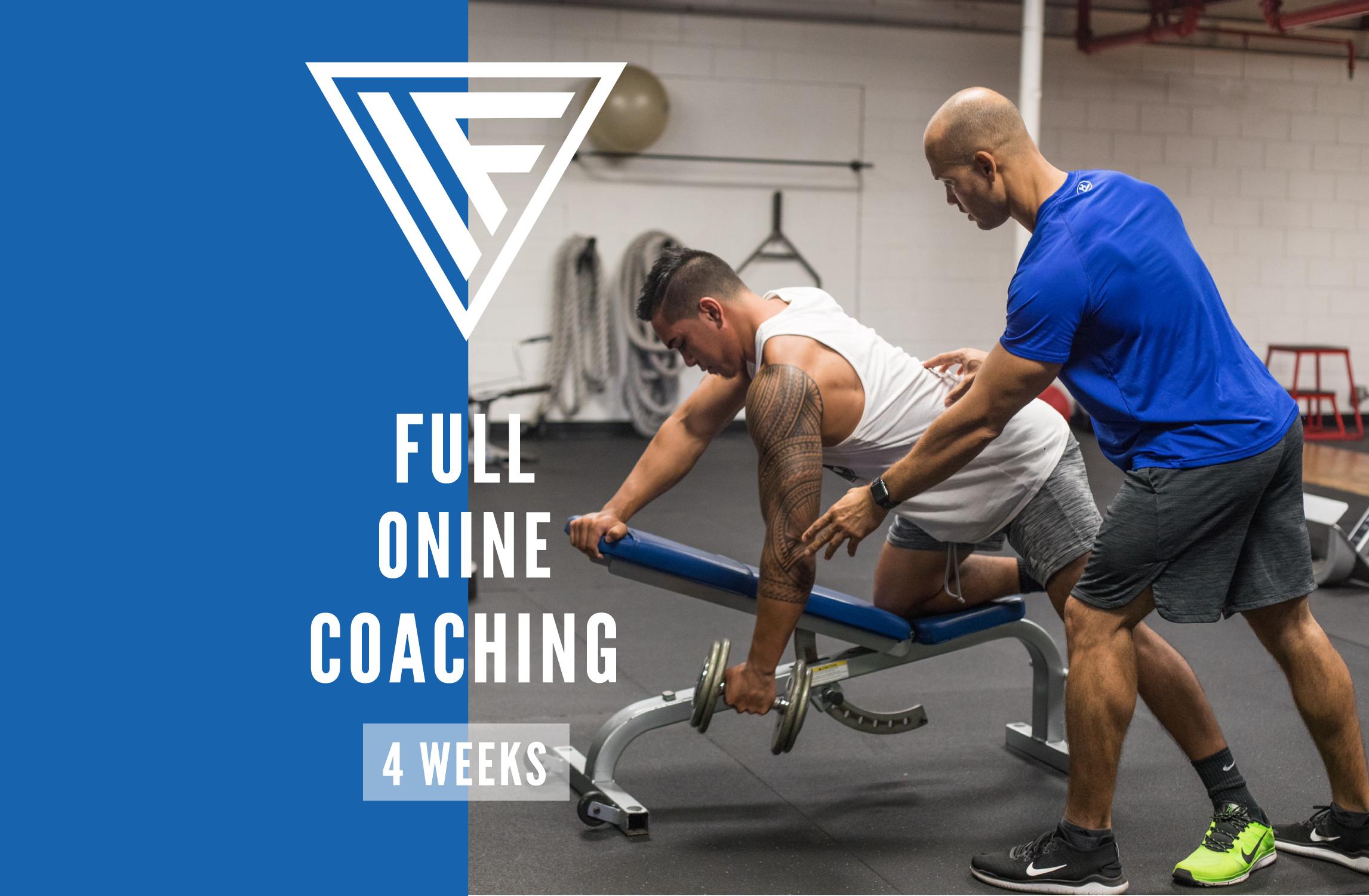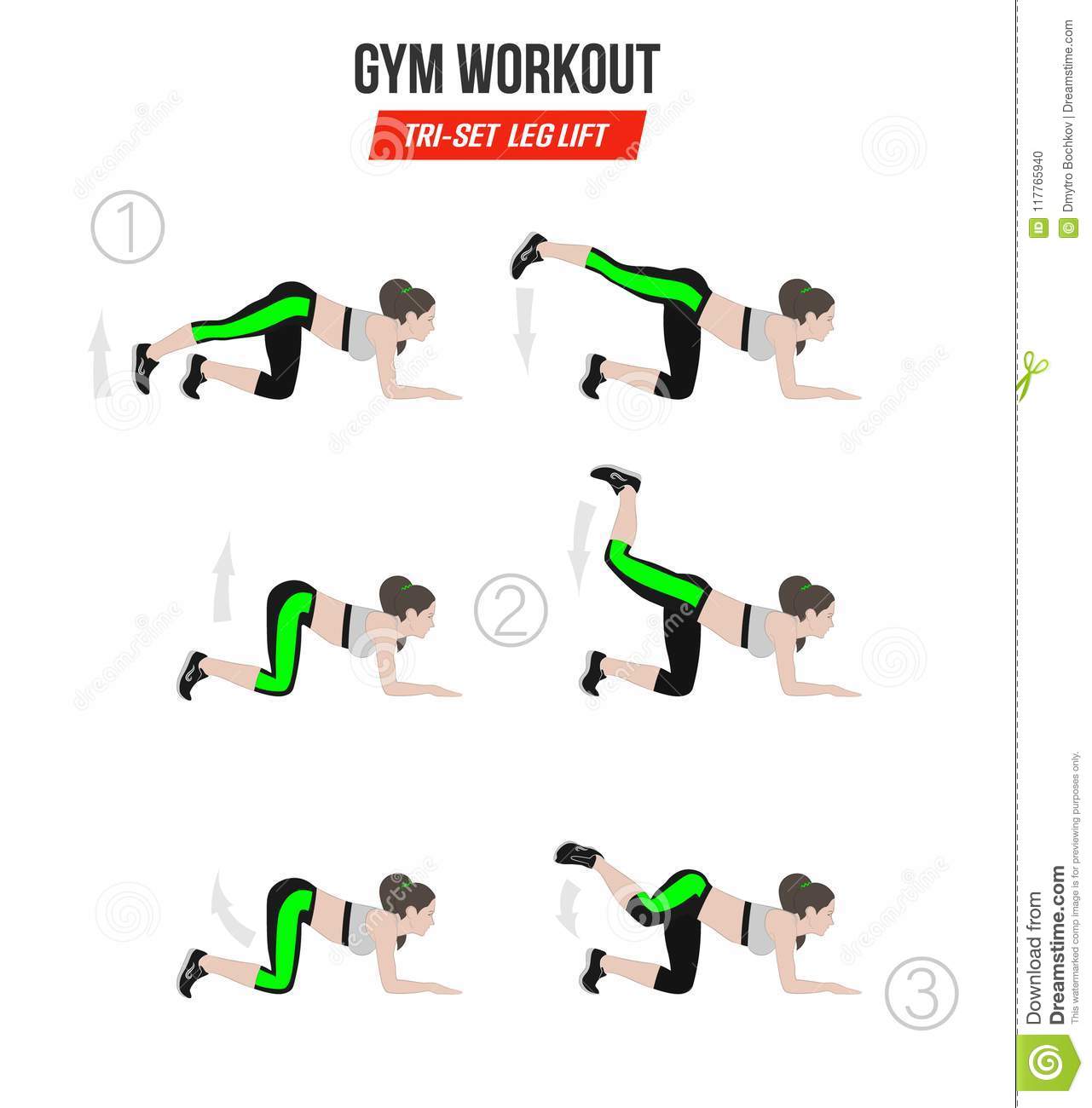
If you want to become a New Jersey personal trainer, there are several important factors you need to know before you apply. These factors include average salary, educational requirements, and employers. These factors will help to determine if the job suits you. You can read on to learn about the job duties and responsibilities for a New Jersey Personal Trainer.
New Jersey Personal trainers earn an average salary
Personal training is an ideal career for someone who is passionate about health and fitness. This is a rewarding career that can also be very lucrative. Personal trainers can be found in gyms or health clubs teaching clients about nutrition, fitness, and other topics. They keep clients motivated and help them reach their fitness goals.
There are many opportunities to work as a personal coach in New Jersey. While the state ranks 46th for fitness access, the obesity rate is relatively low, making the market for fitness professionals a decent one. The average New Jersey personal trainer will have moderately fit clients and modest goals. The market will also have clients that are conscious of their appearance.

An average salary for a personal trainer in New Jersey is $68,437. This is higher than $69,184 for the national average. However, the exact salary you earn will depend upon your location, experience, education and years.
New Jersey education requirements for a personal coach
If you've decided to become a personal trainer in New Jersey, you should be aware that the state's licensing requirements are quite stringent. To practice in the state you need to be certified by a recognized national agency. You can get your certification through a local school.
To become a certified personal coach in New Jersey, you must first complete formal education and certification. There are many programs with different levels and certifications to choose from. Some programs offer hands-on workshops that last for a few weeks or days, while others can be done at your own pace and from your home. New Jersey's job listings provide valuable insight.
If you're looking to become a personal trainer in New Jersey, it is best to choose a larger city. Newark, for example, has a large population, which translates into more potential clients. In addition, larger cities tend to have a more liberal attitude towards new businesses.

New Jersey employers of personal trainers
Personal trainers are a rewarding career option for those who want to help people achieve better health and fitness. This type of career often requires national certification in exercise science and education. You will be a personal coach and provide support to your clients while they reach their fitness goals.
New Jersey personal trainers are highly valued and earn the highest salaries in their field. Many of these trainers work at high-energy spas, gyms, and hospitals. They also work for independent businesses and clients who are wealthy. According to New Jersey employers' recent surveys, the salaries of personal trainers in New Jersey range from a starting salary of $44,893 up to a high-level salary at $74,347.
There are a few things to keep in mind before applying for a job as a personal trainer in New Jersey. Make sure you have the proper education. It is vital to have at the very least a high-school diploma and basic life support certifications through the American Heart Association.
FAQ
Exercise can I make my body gain weight?
Not at all. In fact, exercise helps you to maintain your current weight. Exercise regularly will build muscles and increase metabolism. You'll burn more calories per day if you do. This means that you won't store so much fat.
How do I get started with Fitness?
Start small. You can start by taking 10 minutes each week to walk around the block. This will help you learn basic movements and allow your muscles to adjust to the new routine. Once you are proficient in this type of exercise, add more steps and routines to your day.
How many hours should I sleep each night?
The recommended amount of sleep varies depending on age, gender, and individual needs. Most adults need between 7 and 9 hours of sleep per night. Teenagers and children typically need about 10 hours of sleep per night, but this number decreases as they grow older.
Is it safe and legal to exercise in cold conditions?
It's a good idea to exercise outside as often as possible. It's not just the air temperature that determines whether outdoor exercise is safe. Also, visibility, wind speed and humidity all play a significant role. Wear layers of clothing to keep you dry from rain and windchill when you exercise outside in inclement conditions.
Which Is Most Important: Diet, Exercise, or Sleep?
Your goals will dictate the answer. If you want to lose weight, diet is the most important factor. For building muscle mass, exercise is key. Sleep is not as important as it seems, since it has no effect on how you perform throughout the day.
What is Resistance Training?
Resistance training uses weights or other objects to perform certain movements. Lifting weights, for example, can help strengthen your arms and shoulders, chest, backs, legs, core, and core. Resistance training increases muscle mass, bone density, and overall strength.
What are Cardio Exercises?
Cardiovascular exercises are ones that make your heart and lungs work harder. Jogging, swimming and rowing are just a few examples. These activities increase metabolism and burn fat. These activities can help you keep fit and strengthen your heart.
Statistics
- Adolescent girls were less active than adolescent boys, with 85% vs. 78% not meeting WHO recommendations of at least 60 minutes of moderate to vigorous intensity physical activity per day. (who.int)
- An estimated 110,000 deaths per year could be prevented (cdc.gov)
- In 2018, the World Health Assembly agreed on a global target to reduce physical inactivity by 15% by 2030 and align with the Sustainable Development Goals. (who.int)
- In high-income countries, 26% of men and 35% of women were insufficiently physically active, as compared to 12% of men and 24% of women in low-income countries. (who.int)
External Links
How To
How to Stay Fit While Pregnant
You experience many changes during pregnancy. Because you are carrying a baby, your metabolism slows down and you eat less. If you don't get enough rest, you might feel sick. There are many ways to keep your health in check while still enjoying this wonderful time of your life.
First things first, you should check with your doctor before starting any exercise routine. They will be able to tell you what exercises to avoid and which ones they recommend you do safely. Also, ensure you eat well all through your pregnancy. This includes eating plenty of protein, fiber, and iron. Third, it is important to drink plenty. It's especially important to drink water when you're exercising since you lose a lot of fluid through sweat. Don't forget to take care of the feet. Keep your feet dry and wear shoes that support them. Morning sickness can be caused by eating small amounts of bread or crackers before you get out of bed. If you do not eat something small, you might feel nauseated.
-
Take care of your health. It is essential to eat a healthy diet throughout pregnancy.
-
Stay active. Exercise at least 30 minutes daily.
-
Maintain a healthy weight Losing weight can be achieved by eating smaller meals and snacking more often.
-
Get Enough Sleep. You should aim for 7-9 hours sleep every night.
-
Manage Stress. Learn relaxation techniques.
-
Avoid Alcohol. It may lead to miscarriage and birth defects.
-
Be Gentle with Yourself. Be gentle with yourself.
-
Take care of yourself. When you are feeling unwell, have someone come to your aid.
-
Relax. Do things that bring you joy.